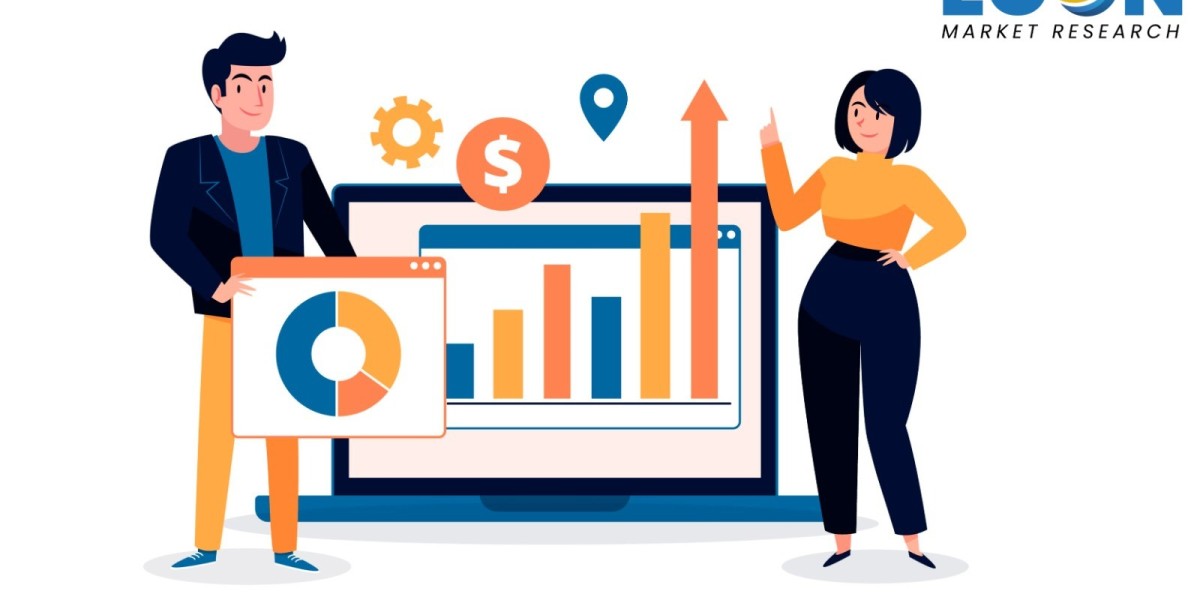The title of the "richest person in the world" is a coveted and much-discussed title that fluctuates with stock markets, business dealings, and innovations. As of the most recent data available, the title has been bouncing between a few high-profile names, but it generally comes down to either Elon Musk, CEO of Tesla and SpaceX, or Bernard Arnault, the chairman and CEO of LVMH (Moët Hennessy Louis Vuitton). Their massive fortunes reflect both the times we live in and the industries in which they thrive.
But what does it mean to be the richest person in the world? Is it merely about having a vast fortune? Or is it more about influence, innovation, and the ability to shape the future?
The Role of Technology in Wealth Creation
Elon Musk’s meteoric rise to the top of the wealth charts is a case study of the power of technology and innovation. Musk is known for his ventures like Tesla, SpaceX, Neuralink, and The Boring Company, which have significantly impacted several industries. Tesla revolutionized the automobile industry with its electric vehicles, forcing traditional car manufacturers to catch up. Musk's vision for a sustainable future, combined with his uncanny ability to market and push new technologies, made Tesla's stock price soar. In fact, Tesla was the key factor that propelled Musk to the title of the richest person in the world in recent years, surpassing Jeff Bezos.
SpaceX, Musk’s aerospace company, is another reason why his wealth continues to grow. SpaceX has successfully reduced the cost of space exploration by developing reusable rockets, making space travel more accessible and less expensive. This innovative approach has made Musk a leading figure in the new space age, and his stake in the company has been a critical part of his financial empire. The future potential for SpaceX, especially in satellite internet services and Mars exploration, promises more growth, further solidifying Musk’s position among the wealthiest people in the world.
Bernard Arnault: The Luxury Industry Titan
On the other side of the wealth spectrum is Bernard Arnault, whose fortune is tied to the luxury goods industry. Arnault’s conglomerate, LVMH, is home to some of the world’s most recognizable luxury brands, including Louis Vuitton, Moët & Chandon, and Christian Dior. Under Arnault’s leadership, LVMH has become a symbol of luxury and exclusivity, and he has continually expanded the company’s portfolio by acquiring top luxury brands, further strengthening his empire.
Arnault’s success can be attributed to his deep understanding of branding and luxury as an experience, not just a product. While technology and innovation have shaped Musk’s rise, Arnault’s wealth is built on a different foundation: the human desire for luxury, status, and craftsmanship. This understanding of consumer psychology and high-end products has allowed LVMH to thrive even during economic downturns, as luxury goods often maintain their value and desirability among the wealthiest consumers.
The Role of Global Markets in Wealth Fluctuations
It’s important to recognize that being the "richest person in the world" isn’t a permanent title. Wealth can fluctuate dramatically depending on global markets, public perception, and the performance of key companies. For example, in 2021, Elon Musk’s wealth surpassed that of Amazon founder Jeff Bezos, but fluctuations in Tesla’s stock price caused Musk’s net worth to vary widely. In contrast, Bernard Arnault’s wealth is more tied to the consistent demand for luxury goods, which have a certain level of resilience even in tough economic times.
The net worth of these individuals is also influenced by global events. For instance, the COVID-19 pandemic and its aftermath significantly impacted industries worldwide, but some, like e-commerce and technology, flourished. Musk’s ventures, particularly Tesla, gained immense value as consumers and investors turned to electric vehicles and sustainable energy. Meanwhile, luxury goods, despite some initial setbacks, have shown resilience as wealthy consumers continue to invest in high-end products.
What Does It Take to Become the Richest?
Becoming the richest person in the world requires more than just luck—it’s a combination of timing, vision, risk-taking, and the ability to scale an idea into something truly transformative. Both Musk and Arnault took significant risks early in their careers. Musk invested his own money into SpaceX and Tesla when both companies were struggling, and Arnault, before becoming the luxury mogul we know today, took calculated risks in the luxury sector, consolidating brands that would later dominate global markets.
However, these individuals also understand the importance of diversification. Musk, for example, has a stake in a variety of fields, from electric vehicles to space exploration, while Arnault’s luxury empire spans multiple brands across different sectors. This diversification helps protect their wealth and expand their influence.
Conclusion
The title of the richest person in the world may not always remain in the hands of Elon Musk or Bernard Arnault. As technology continues to advance and new industries emerge, new players may rise to challenge their positions. Furthermore, with the increasing global focus on sustainability and social impact, the future of wealth could see a shift toward entrepreneurs and innovators who are not only creating wealth but also addressing pressing global issues.
Regardless of who ultimately holds the title, the stories of Elon Musk and Bernard Arnault offer valuable lessons about the role of vision, innovation, and persistence in building extraordinary wealth. The richest person in the world may change over time, but the traits that lead to success will always remain the same.



